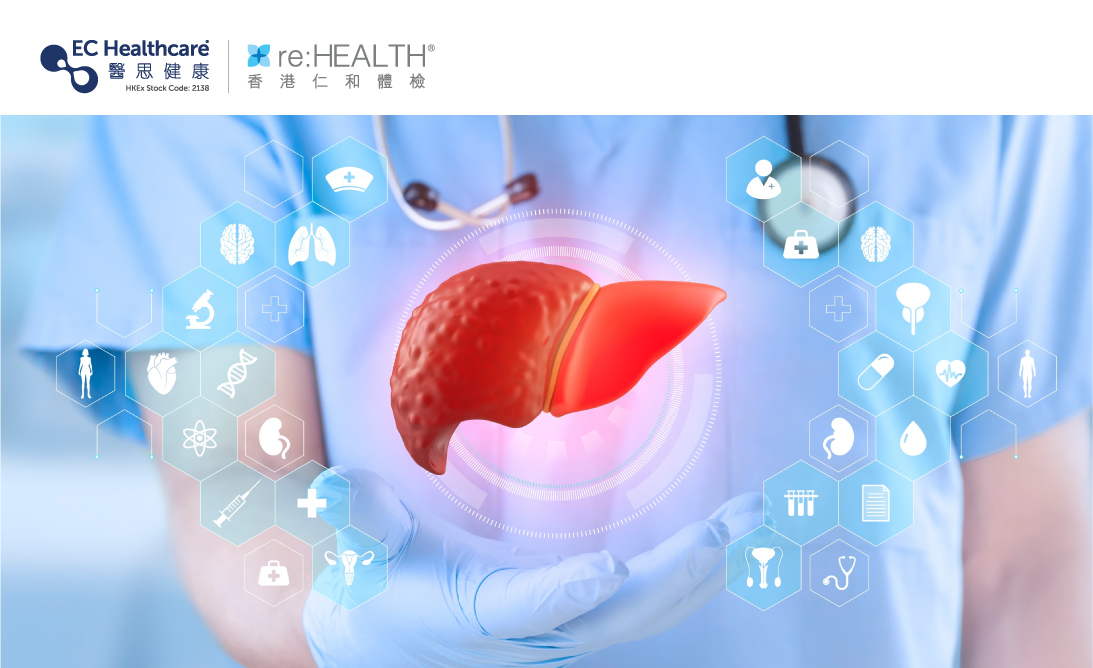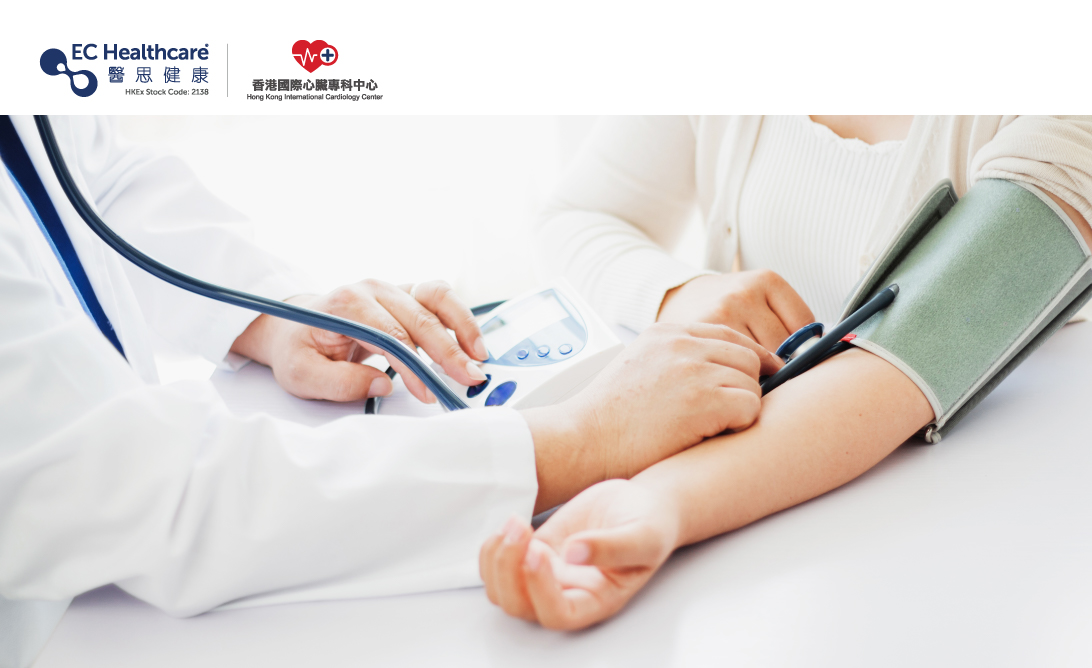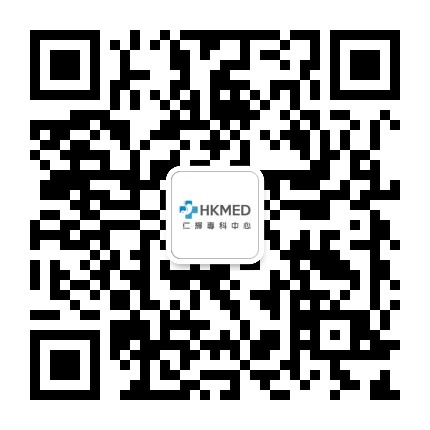What is Myocardial Infarction


Your heart is the body's engine, powering the vital circulation of blood. A healthy lifestyle - no smoking, moderate drinking, balanced diet, and regular exercise - can help keep your heart healthy. However, while walking or even just standing up, you may unexpectedly feel a tightness or pain in your chest, as if a heavy stone is weighing you down and making it difficult to breathe. This could be a sign that you're having a heart attack, medically known as a myocardial infarction.

Understanding Myocardial Infarction
Myocardial infarctions are acute and life-threatening cardiac events that fall under the broader category of ischemic heart disease. The primary cause is atherosclerosis, where buildup of cholesterol, fats, and other substances suddenly block one of the coronary arteries that supply oxygenated blood to the heart muscle. When this blood flow is disrupted, the affected heart tissue becomes deprived of oxygen and starts to die – the all-too-familiar "heart attack" that can lead to shock or even death if not treated immediately.
Recognizing the Signs of Myocardial Infarction
When myocardial infarction strikes, the symptoms can be unmistakable. Victims often experience persistent chest pain, tightness, discomfort, or difficulty breathing. They may feel short of breath, dizzy, or break out in a cold sweat, with a rapid heartbeat. The chest pain usually radiates from the left side, but it can also spread to the teeth, jaw, left shoulder, upper back, neck, inside of the left arm, or the area between the breastbone and navel. However, heart attacks in the elderly or those with diabetes don't always come with clear warning signs. Victims may suddenly feel faint, weak, or lightheaded. Certain factors put people at higher risk for a heart attack, including:
Men over 45
Women over 55
High cholesterol
High blood pressure
High blood triglycerides
Diabetes
Smoking
Family history of heart disease
Sedentary lifestyle
Chronic stress or negative emotions
If you suffer myocardial infarction, getting immediate medical care is absolutely critical. Those first 90 minutes are a make-or-break window for treatment, as every second counts. Doctors will spring into action, using clot-busting drugs, angioplasty, or bypass surgery to rapidly restore blood flow to the blocked artery.
Disclaimer: This article is prepared by an independent third party and is not sponsored. The content provided is solely for informational purposes and should not be considered a substitute for professional medical advice, diagnosis, or treatment. It does not represent any specific viewpoint. In the event of any discomfort or health issues, it is advised to seek medical attention promptly.










